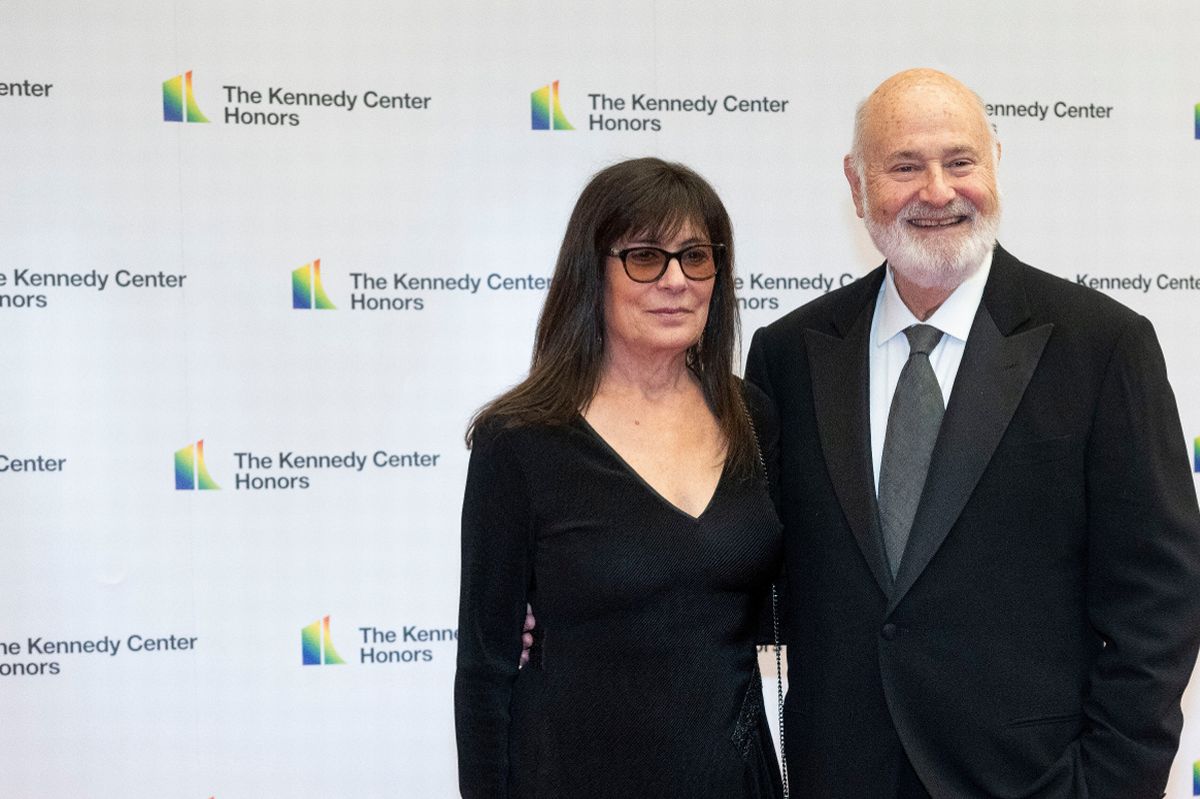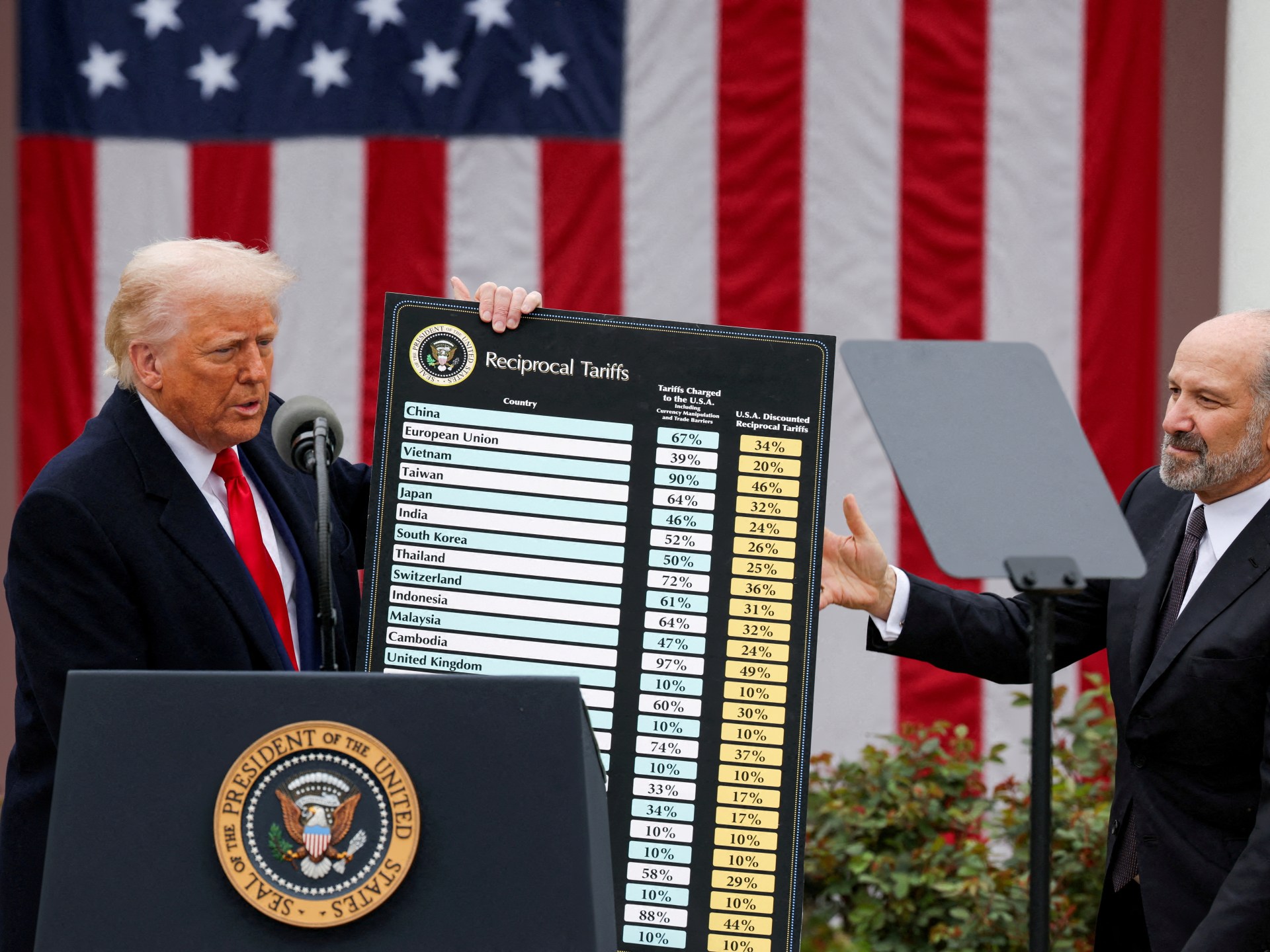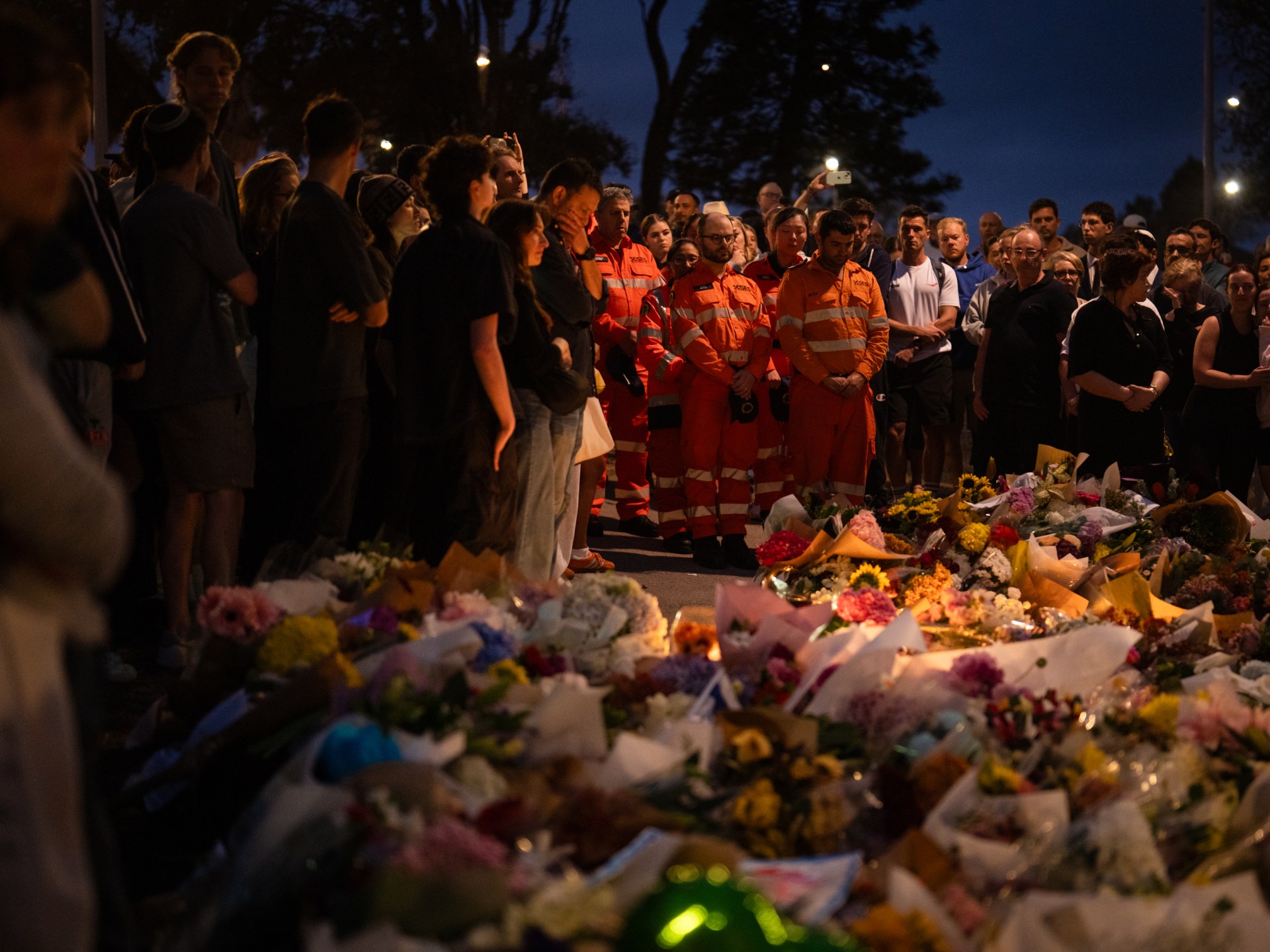Rob Reiner and his wife Michele are thought to have had their “throats slit in bed” and are said to have been lying dead for hours by the time their daughter discovered them
Rob Reiner and his wife Michele are reported to have been “in bed” when they died. The bodies of filmmaking legend Rob and his photographer wife Michele, who was 68, were found at their Brentwood mansion on Sunday with their daughter, Romy, making the harrowing discovery.
The couple had suffered multiple knife wounds and the following day it was announced that the Reiners’ middle son Nick had been arrested on suspicion of the double murder of his famous parents.
Now, an insider has claimed that their killings took place in the middle of the night. A source told the Daily Mail whoever killed them went there “in the middle of the night” and slit their throats. They added: “They were in bed when that happened.”
READ MORE: Rob Reiner admitted tragic fear just days before ‘murder’READ MORE: Rob Reiner latest: Accused son Nick ‘not medically cleared’ to attend court
One report by Showbiz 411 claimed that Michele was still alive when her daughter found them and died on the way to hospital, but Los Angeles Police Department insiders have insisted that this was not the case.
LAPD sources told TMZ that “rigor mortis appeared to have set in Rob and Michele’s bodies,” and this would mean that the pair had been dead for hours by the time they were discovered.
Nick Reiner’s defence attorney Alan Jackson has confirmed to reporters on Tuesday morning that he will be representing Reiner. He went on to tell the media outside Los Angeles Superior Court that his client would not be making his first court appearance on Tuesday because he hadn’t been medically cleared.
In a video published on TMZ, Jackson said: “Every inmate has to be medically cleared before they can be transported to court. He has not been medically cleared, it is just a procedural issue.”
Asked if the case had been “filed” he replied: “I have not received any file and I do not believe the court has received any file at this point. I am not commenting any further other than procedure of the court today We will be back day to day…hopefully he will be cleared tomorrow and we can get in there.”
As Hollywood tries to make sense of the shocking double-murder, it has emerged that the director and his son, several sources have claimed to PEOPLE, got into a fiery dispute at a Christmas party the night before, hosted by Conan O’Brian. It followed a report by TMZ on Monday which claimed that the moviemaker, who was 78, and his son were embroiled in a “very loud argument”.
One of the sources claimed to PEOPLE: “Nick was freaking everyone out, acting crazy, kept asking people if they were famous.” It has now been revealed that Nick became ‘disruptive and upset’ when his parents expressed their worries about his health at Conan’s party, reports NBC. It’s reported that Rob and Michele then left the party following the set-to, according to TMZ.
Nick had accompanied his parents to the event, and sources later claimed to NBC that the couple were both upset and embarrassed by his behaviour.
They claimed that the screenwriter had interrupted a conversation between filmmaker Bill Hader and two other guests and when told it was a private conversation – stood still and stared at the group, before storming off in a rage. Just hours later, Rob and Michelle Reiner were found dead in their Los Angeles home. The LA Fire Department called to the gruesome scene at around 3.30pm local time, to provide medical aid.
First responders discovered Rob and Michele’s bodies. Although officials did not release any further details, a police source who spoke to the Associated Press believe the couple suffered brutal stab wounds and were found with their throats slit. Their son Nick, 32, was later arrested on suspicion of murder and is now being held without bail.
Rob met his wife while directing classic romcom When Harry Met Sally… and the pair went on to marry in 1989, and have three children together – actors Jake and Romy, and screenwriter Nick.
Of all their children, Nick is the one who has been most vocal over the years – and had previously been outspoken about his battles with drug addiction, as well as homelessness – revealing that his troubles began when he was just a teen.






